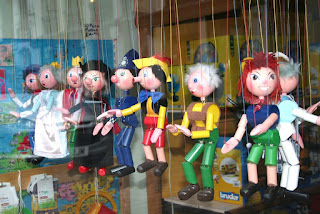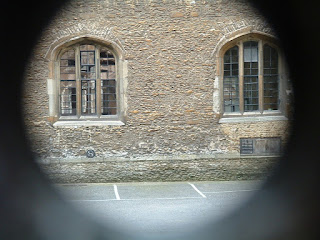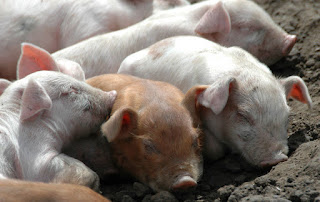The ‘Find’ tool in Microsoft Word is invaluable for editing, as it searches for a character, word or phrase and shows how many times this occurs within a manuscript. Up and down arrows (Figure 1) within the navigation panel are used to identify all the occurrences of the search subject.

Figure 1.
As errors in manuscripts are often repeated, I use ‘Find’ to ensure that all recurring errors are identified and corrected. Additionally, I routinely use it to search for frequently occurring errors, including misuse of ‘respectively’; missing commas before ‘which’; incorrect use of hyphens, en-dashes and minus signs; double spaces and spaces before punctuation.
Left or right brackets may be omitted. When their numbers differ, I scroll through each instance of the most frequently occurring bracket to identify the missing one(s). Where right parentheses outnumber left ones, this may be because the author has used only right parentheses to label parts of figures (e.g. ‘a)’).
With hyphenated words, ‘Find’ can be used to ensure consistency by searching for occurrences of a given word pair, first hyphenated and then unhyphenated.
When editing academic papers, I scan numbered reference citations to ensure that they are cited in numerical order. When these are enclosed in square brackets, they can be easily checked by using ‘Find’ to search for a left or right square bracket. I also use ‘Find’ to search for ‘fig’, ‘table’ and ‘scheme’, where appropriate, to check that all the graphics in a paper have been cited.
Character searches are useful for checking units when editing scientific papers, e.g. to check that spaces are present/absent between the value and the unit, depending on the unit and style requirements.
I edit documents in both British and US English, which means changing spelling and grammar that is specific to US English to the British version, and vice versa.
When editing documents in British English, searching for ‘z’ can identify many US spellings, as these tend to replace the ‘ise’ at the end of British words with ‘ize’ (e.g. neutralise/neutralize). Oxford commas (which are more commonly used in US English) can be identified, if required, by searching for ‘, and’.
When editing US English manuscripts, searching for ‘our’ identifies British spellings, since US words frequently replace ‘our’ in British spellings with ‘or’; for example, behaviour (behavior), colour (color) and favour (favor). A search for ‘ise’ also identifies British English words for which US spellings replace the ending ‘ise’ in British spellings with ‘ize’. However, some words (such as comprise) retain ‘ise’ in US English.
Words related to sulphur are spelled with ‘ph’ in British spellings and ‘f’ in the US; searching for ‘sulf’ identifies US spellings while searching for ‘sulph’ identifies British ones.
These tips are based on my own editing experience. I hope they are useful.
© Linda Watson, 2018











